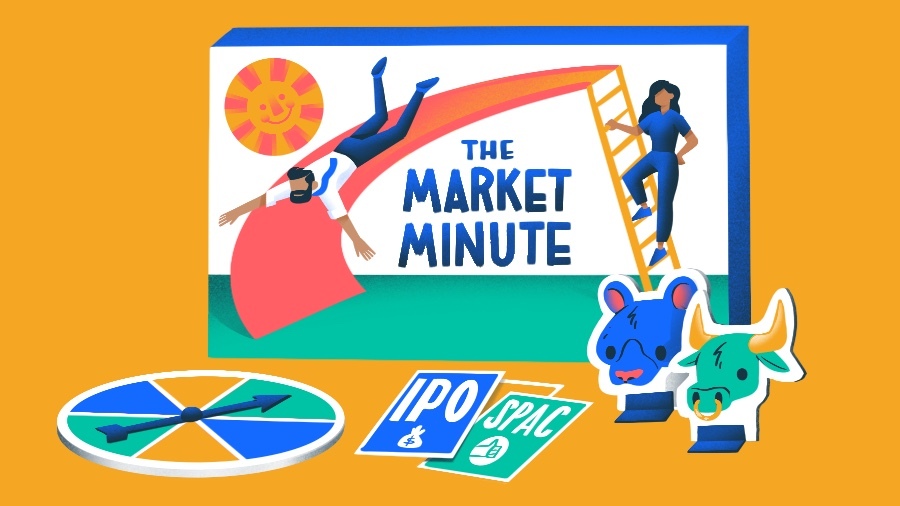Elon Musk will soon own Twitter, one of the largest social media companies in the world and colloquially known as the internet’s “town square.”
Search less. Close more.
Grow your revenue with all-in-one prospecting solutions powered by the leader in private-company data.
It wasn’t something I had on my 2022 bingo card, that’s for sure. Then again, I didn’t have a pandemic and working from home indefinitely on my 2020 card either.
And it happened fairly quickly: News broke that Musk bought a 9.2 percent stake in Twitter a little over three weeks ago, and the situation quickly progressed from there. On Monday, Twitter announced it reached an agreement with Musk to buy the company for around $44 billion.
While plenty of public companies have again gone private, Twitter’s acquisition is unusual since the buyer is an individual, and he hasn’t yet articulated a clear business model for the company. In fact, he’s talked more about the “free speech” issues swirling around Twitter than the actual business.
At least 1,293 publicly traded companies have been delisted from the New York Stock Exchange and Nasdaq since 2010, according to Crunchbase data. Private equity companies acquired many of them, though some were absorbed by other publicly traded companies, such as when Salesforce1 bought MuleSoft and Slack.
Of course there are some unique cases like that of Dell, which went public in 1988 before founder Michael Dell took it private in 2013, then re-listed the company in 2018 on the NYSE.
Musk’s purchase of Twitter is “highly unusual,” according to Aron Solomon, a lawyer who has taught entrepreneurship at institutions including the University of Pennsylvania and McGill University.
Private equity firms usually take companies private because they think the company could be performing better. They typically also have an idea for a better business model, Solomon said.
Musk expressed his desire for Twitter to be a platform for more “free speech,” although he hasn’t clarified how he would change the business model, which currently relies on advertising dollars.
Musk has suggested issuing verification badges for users who use Twitter Blue, the company’s paid service.
“I invested in Twitter as I believe in its potential to be the platform for free speech around the globe, and I believe free speech is a societal imperative for a functioning democracy,” Musk wrote in a Securities and Exchange Commission filing on April 13 detailing his offer to buy the company.
“However, since making my investment I now realize the company will neither thrive nor serve this societal imperative in its current form. Twitter needs to be transformed as a private company,” he wrote.
Twitter normally wouldn’t be considered a likely candidate to be taken private, according to Solomon. It’s a large platform that, despite sluggish growth over the years, is doing well compared to other, more obvious private equity targets.
It’s also a small social media company in terms of revenue and users when compared to Facebook and Instagram parent Meta, but it plays an outsized role in conversations and current events. Politicians, celebrities and other prominent figures routinely take to Twitter to share news and opinions.
It can be argued that Twitter’s been financially stagnant over the years, Solomon said, but it’s in relatively good health.
It’s unclear what’s next for Twitter. Musk is already the CEO and founder of Tesla, SpaceX, The Boring Company and Neuralink. He will likely hire a chief operating officer or a chief executive officer who shares his vision for Twitter to actually run the company, according to Solomon. But it seems Musk has no problem multitasking—Twitter founder Jack Dorsey received criticism for serving as CEO of both Twitter and Square,(er, Block), another publicly-traded company.
“It’s highly unusual at this point,” Solomon said. “And all of these things are predicated on us having some clarity of what his business model might be.”
Illustration: Dom Guzman

Stay up to date with recent funding rounds, acquisitions, and more with the Crunchbase Daily.






![Illustration of stopwatch - AI [Dom Guzman]](https://news.crunchbase.com/wp-content/uploads/Halftime-AI-1-300x168.jpg)
67.1K Followers